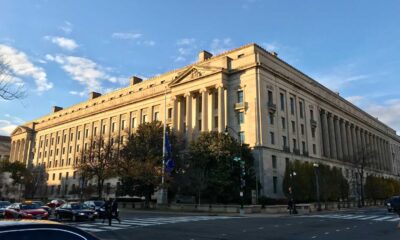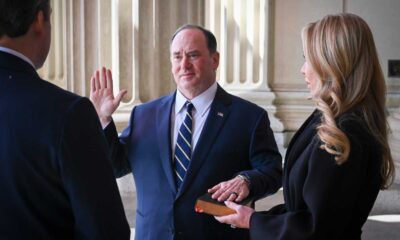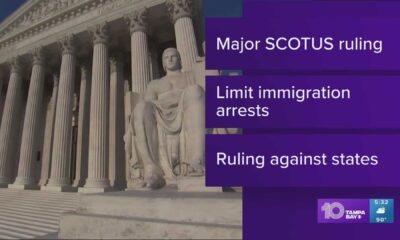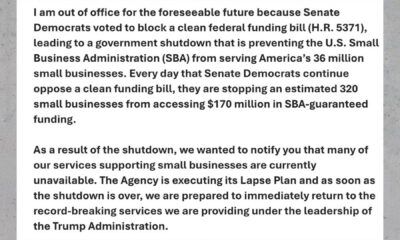Politics
Government Shutdown Enters Fourth Day, Pressure Mounts on Democrats
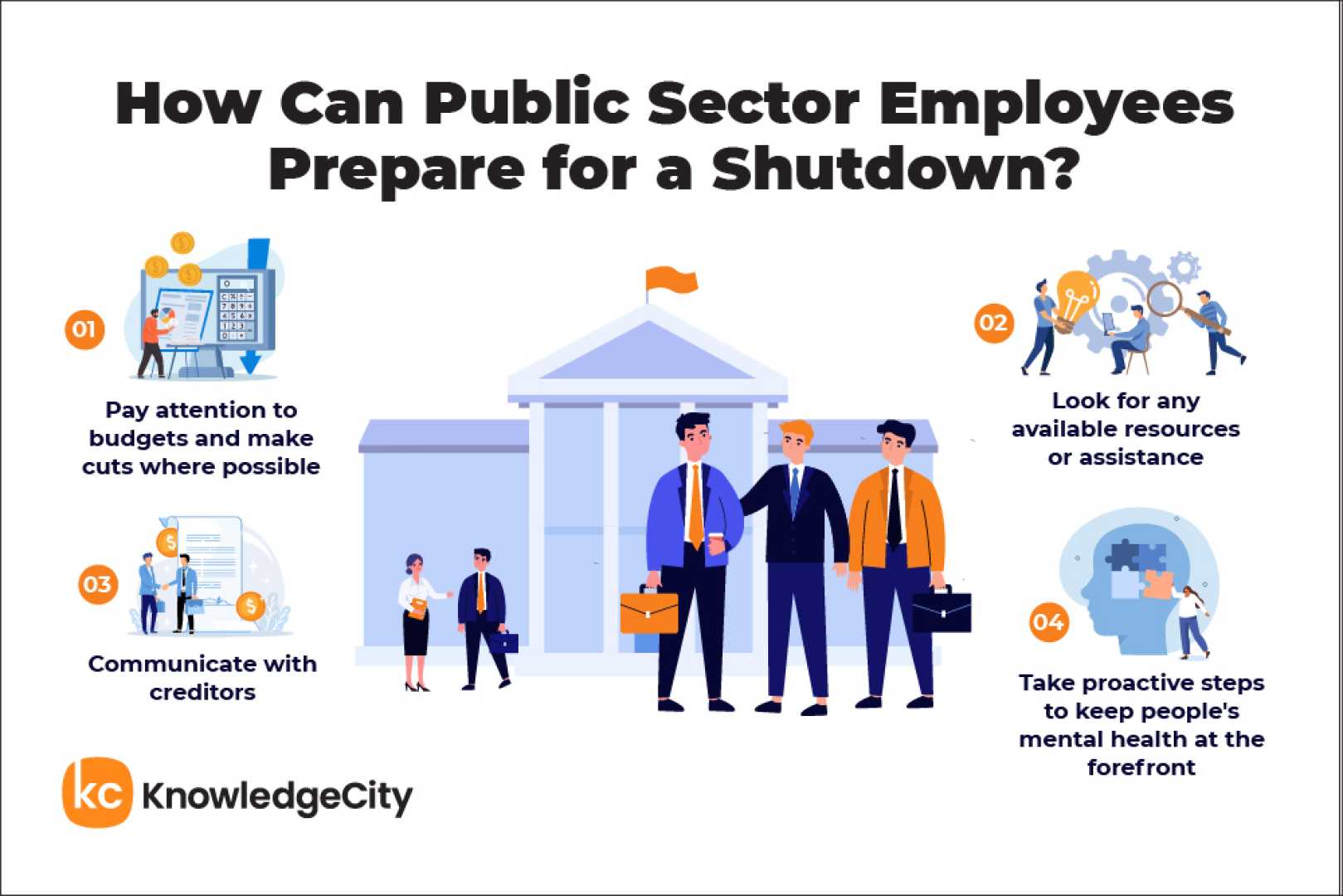
WASHINGTON, D.C. — As the government shutdown enters its fourth day without a resolution, Richard Stern, an economic expert at the Heritage Foundation, warns that the political ramifications could intensify for Democrats. He states that two crucial dates—October 10 for federal workers’ pay and October 15 for military service members—could escalate pressures on lawmakers to come to an agreement.
Despite ongoing finger-pointing between parties regarding the shutdown, the impact of ensuring active-duty military personnel and essential federal workers do not miss paychecks is critical. Stern noted that while both parties aim to assign blame, neither wants to be the side responsible for causing financial hardship to these groups. This sentiment heightens as Democrats demand an extension of healthcare tax credits under the Affordable Care Act (ACA), a condition Republicans have dismissed.
In a viral comment, Rep. Shri Thanedar, D-Mich., mentioned the importance of healthcare provisions, claiming, “If that means we’ve got to shut the government down, so be it.” Former Politico reporter Rachel Bade voiced her concerns over the growing likelihood that Democrats will face increased pressure as essential services are compromised.
“Most people cannot go without getting a subsequent paycheck. That’s the reality— troops not getting paid,” she said, emphasizing the potential turmoil that could unfold if the shutdown continues.
Stern further criticized Democrats for their rejection of a Republican-proposed funding bill aimed at keeping the government operational, amid claims it demanded excessive concessions related to social funding he described as unnecessary or unjustifiable.
Amid tension, Senate Minority Leader Chuck Schumer, D-N.Y., and Democratic senators refuse to shift ground on their demands as the stalemate persists. Despite the looming risk of service disruptions and financial distress for active military and federal employees, it remains unclear how long the impasse will last.
Experts suggest that should the shutdown persist, more profound consequences might arise, such as potential delays in critical services like air traffic control and social program funding. Specific warnings have been issued about the impact on air traffic controllers, who are expected to work without pay, leading to increased stress in the aviation industry.
Stern concludes that the longer the shutdown continues and essential services falter, the more intense the negotiations must become, as both sides grow anxious about the political implications.





